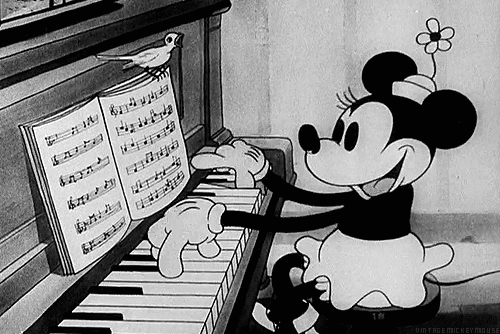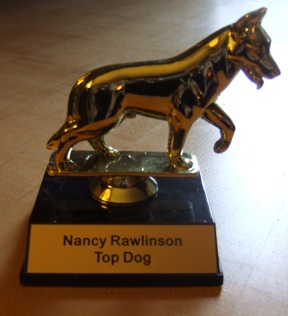Blame it on my High Level Brain
Tuesday, September 23rd, 2014![]() I don’t want to blow anyone’s mind or anything, but I sometimes struggle with proofreading. I know, I know, I’m a professional editor. I should rock at everything edit-y, right? But I have a blind spot when it comes to typos. Sometimes I just don’t see them, particularly in my own work. It can be kind of embarrassing, actually. Often I can spot them later — like when I look over my email correspondence to find out why that new client never got back to me and I realize that, oops, I typed “Thank you for sharting” instead of, um, sharing.
I don’t want to blow anyone’s mind or anything, but I sometimes struggle with proofreading. I know, I know, I’m a professional editor. I should rock at everything edit-y, right? But I have a blind spot when it comes to typos. Sometimes I just don’t see them, particularly in my own work. It can be kind of embarrassing, actually. Often I can spot them later — like when I look over my email correspondence to find out why that new client never got back to me and I realize that, oops, I typed “Thank you for sharting” instead of, um, sharing.
This is why I subcontract for proofreading, if a client requires it. This is also why proofing isn’t on my menu of services. Instead, what I specialize in is developmental editing. I can look at a writer’s work and understand where they want to go, and how to help get them there, and then I can break that knowledge down for the client in a way they can hear. It’s about accessing their true intent, articulating it, and sharpening meaning.
So, when I came across this article about typos (written by Nick Stockton, posted in Wired magazine) I felt so gratified, so validated, so understood. I miss typos because I’m so high level and shit. Phew. Now I know.
The reason typos get through isn’t because we’re stupid or careless, it’s because what we’re doing is actually very smart, explains psychologist Tom Stafford, who studies typos of the University of Sheffield in the UK. “When you’re writing, you’re trying to convey meaning. It’s a very high level task,” he said.
Let me be clear that when I talk about my problem with proofreading, I’m referring to the occasional misplaced letter, autocorrect problems, and, every now and then, spacing issues. Words that runtogether. I’m not talking about making sure your grammar is tip-top, your sentences fluid, and your meaning clear. For me, that’s an even higher order task. As Joan Didion once said, “Grammar is a piano I play by ear.” Like her, I might have been out of school when they went over the rules but I have nothing but respect for the infinite power of language (and copyeditors). And I’ve since had to learn how to articulate the rules of grammar, so I can pass them on to students. That was hard — because making intuitive knowledge accessible is always hard. But boy, was it useful. Now I can hammer out a tune on that piano like…


